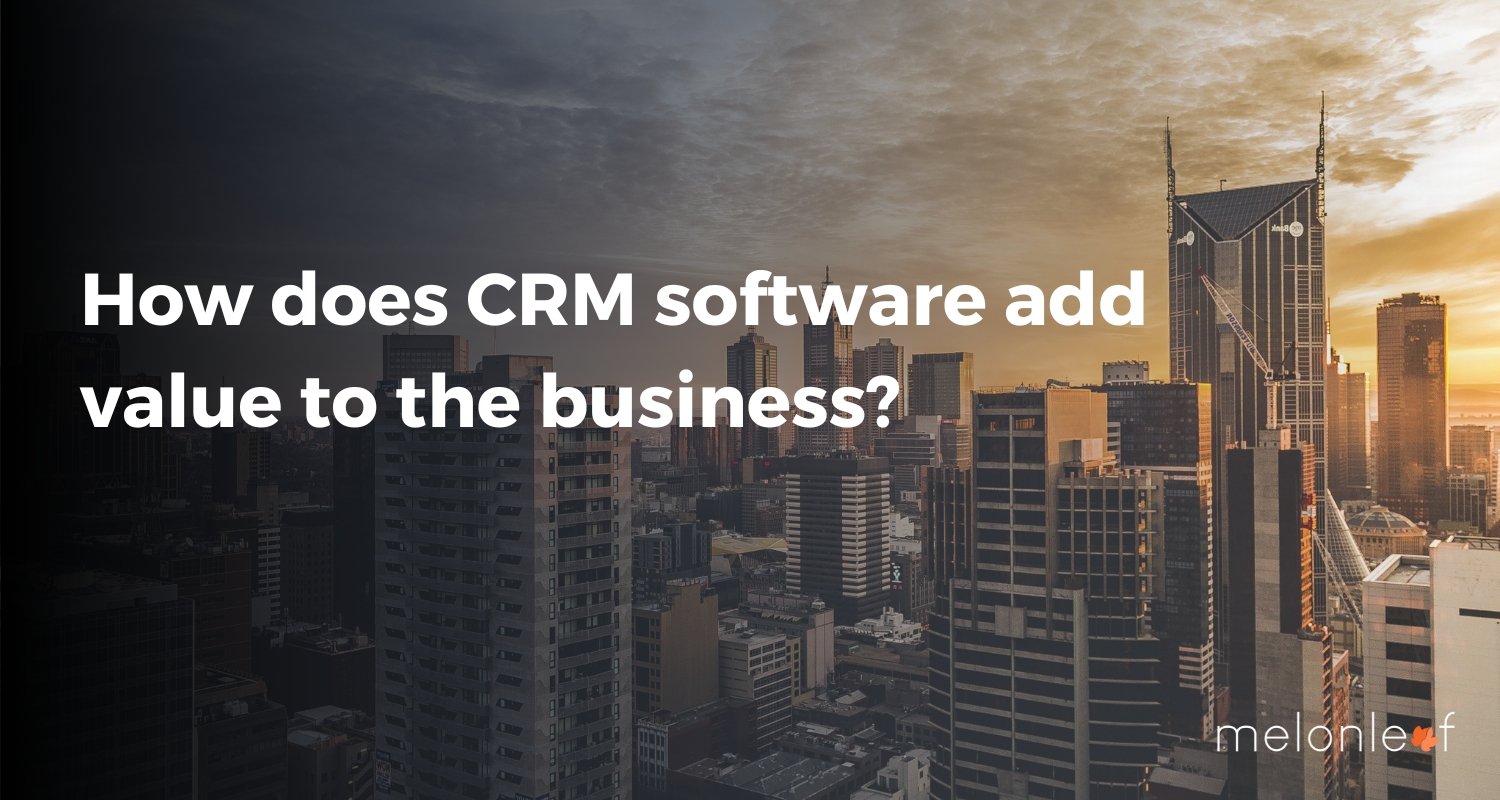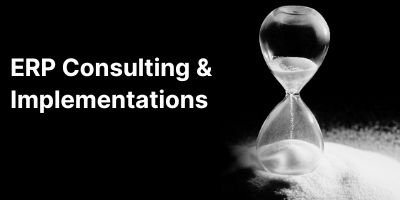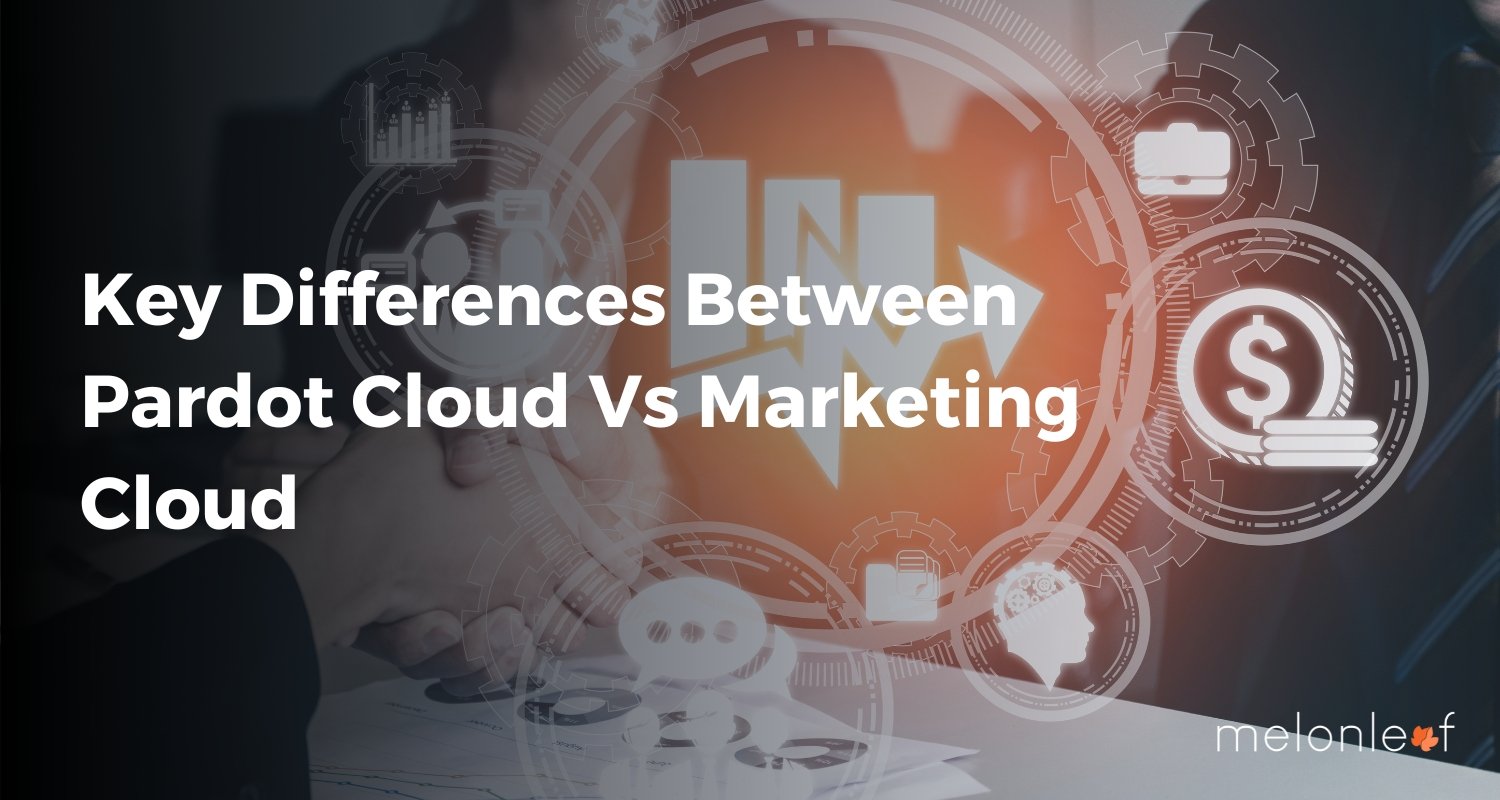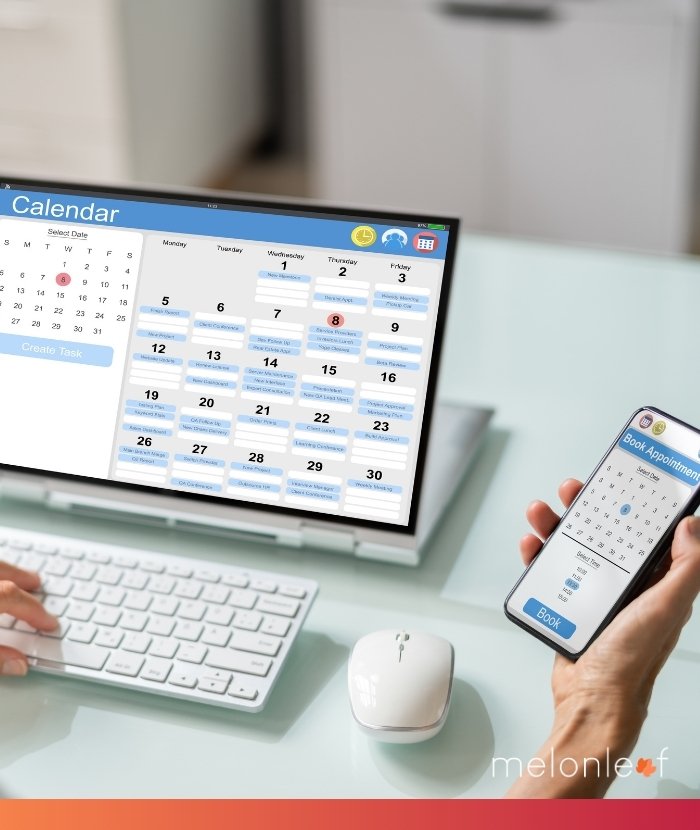
Everything around you is data in a massive amount. When you look around, you find data and information in the tiniest things, words, facts, knowledge, conversation, and a lot more.
There are things you remember by heart, but there is more than usual stuff you can even barely think about. Imagine if this happened to you individually. What is considered a situation in companies with more than a few individuals dealing with such vast amounts of data?
How does CRM add value from customers’ point of view?
Let’s consider two scenarios from the customer’s POV.
In the first one, you need assistance with a product you’ve purchased from a business you’ve done business with. You even registered the product. When you ask the customer support line, the agent has no idea who you are, what you’ve bought, or when the acquisition occurred.
You now have to go through the monotonous process of providing information that should be easily available to the spokesperson, such as a model or serial number, which turns out to be difficult to access.
Not only are you wasting valuable time giving this information to a firm that should have it on hand, but you also feel that you’re not very valuable to them since they appear to know nothing about you. Even though you did receive the assistance needed, you look hard at the battle the next time you think about receiving it from that company.
Now consider another situation.
You make that support call. By simply taking down your name and confirming who you are, the agent has your entire items and service history available and treats you like the respected customer you are. Even with a product issue, this personal treatment will keep you coming back.
CRM encourages the second type of customer experience. Every communication-based CRM software adds value to the business as it generates an opportunity for your customers to have a more intimate, fascinating experience. It’s also an opportunity for you to build brand equity, enhance customer satisfaction, and make more deals. And that’s how you create customer loyalty and boost revenue.
Now the questions arise: what is CRM precisely, how does it work, and what are its benefits?
What is CRM?
CRM is a unified approach to storing customer information. CRM software has sales, marketing, and service automation turned into one. It pre-sets communications, offers business intelligence, and enables sales reps to make the sales process easier. CRM software adds value to business by examining the data and prospects of your sales force and helping them provide glamorous client service.
A CRM system helps you keep your customer’s contact details up-to-date, follow every interaction they have with your business, and manage their accounts. It’s intended to help you better your customer relationships and, in turn, customer lifetime value.
A customer relationship management system can segment, examine, and arrange your sales leads so that your sales team can concentrate on openings that are likely to close and provide precise answers to clients quickly and efficiently. Your customer service team has the info they need for upselling and cross-selling. CRM answers can help keep track of connections within a business to allow sales and marketing teams to personalize contact.
A good CRM solution can improve their account and contact data through third-party data sources so that all data is complete and up-to-date. So, if a contact has moved to a new job, your sales, service, and marketing teams will know about it, allowing them to maintain and rebuild these important relationships.
How does CRM work?
As a company produces skilled leads, a CRM platform tracks the actions of a prospective customer through social media, email, and website channels. The system entices as much information as possible on leads before directing them or assisting you to guide them through a scheduled journey that hits all the hot spots. Once this is in place, you can track the story of all your contacts with those clients, including phone calls, emails, meetings, presentations, and inquiries, because it’s all about pursuing.
CRM software adds value to the business as each issue, every maintenance application, every disposition, and past communication details about every customer are at your fingertips. And that means that every contact you have with your customers is always personal, relevant, and up-to-date.
By knowing your customers better, cross-selling and up-selling opportunities become obvious—giving you the chance to earn new business from existing customers. And as well as pursuing contact descriptions, you can also add notes, schedule follow-ups, and coordinate the next steps you or your partners need to take. You will never miss an opportunity to close particular deals or grow client accounts.
What benefits does CRM offer?
If the COVID-19 pandemic proved one thing, it’s that corporations and institutions with a strong digital foundation are better prepared to overcome tasks and better placed for long-term growth. An end-to-end technology CRM solution that can help teams drive growth is especially critical for businesses and educational institutions where teams are often asked to do more with less.
A CRM can simplify manual procedures while also improving your team’s efficiency. A CRM allows your staff and team to spend more time with their learners and your engagement team to focus on creating an excellent benefactor experience. By financing in a CRM now, you’re setting your team and company up for a long-term return on your investment and continuous growth.
Let’s see a few ways CRM software adds value to the business.
1. Effective and efficient communication
As easy as it may look, the sheer fact that you have all the data collected on each contact in one place makes the CRM platform a super-strong communication tool. They know about a contact’s full name, email address, telephone number, postal address, website, and social media accounts. Also, they have access to business facts such as a contact’s position in the company, relationships with other contacts in your record, the language they speak, and even their birthdates.
2. Organized and structured data
CRM lets businesses become more economical by organizing and programming specific characteristics of their business. From sales methods to marketing campaigns, business analytics, and customer data, CRM programs automate and simplify these processes for businesses.
This allows businesses to organize these processes into cleaner, easier-to-recognize data. The data on an integrated CRM system is unified to be accessible at any time and to any permitted person on any approved device at any time needed.
3. Business growth and expansion
Every employee needs to appreciate the concept and need for CRM. Once it is done, the production from CRM will increase, hence attaining more sales targets. CRM with a sales team could be valuable as delegates will get data through the system. Through the sales CRM software, exchange time is decreased and becomes faster.
4. Retention of customers
With CRM, you can gather data from numerous sources with social media and keep it positioned in one spot so you can use it when necessary. By giving sensible client assistance, reacting to demands positively, and considering the client’s needs regularly, a business can enhance levels of customer loyalty.
CRM helps businesses learn about their clients, including who they are, why they purchase your products, and the styles in their purchasing histories. This allows businesses to foresee their customers’ needs better and, as a result, fulfill them. With all this knowledge at your fingertips, customizing your communication with a contact becomes a gentle breeze. Moreover, with the help of CRM, you can collect all activities, projects, sales, live chat messages, email exchanges, invoices, orders, contracts, or customer service requests that the contact has ever been engaged in.
CRM is an exceptional tool that allows firms to improve their customer satisfaction, productivity, and profits. CRM software adds value to the business with a broad range of strategies and applications, which allows it to be adapted to fit practically any business type. Nearly every business can benefit from CRM software, and it is much healthier to start utilizing a CRM for your business before it becomes essential.
How can a CRM partner help you achieve your business goals?
Here are some ways a CRM partner can help your business achieve its goals:
1. Customer retention
A successful devised CRM strategy starts with keeping customers happy and engaged. Competitive CRM partners can track their interactions with your brand and identify areas where they need more attention or service. If you’re having trouble getting repeat sales from past clients, this could be an area for growth for your company.
2. Finding new leads
CRM partners understand the importance of metrics and see who visits your website, what pages they’re viewing, and what content they like best. This information will help them develop targeted marketing campaigns for you that will reach audiences most likely to convert into paying customers—all while saving you time and money.
3. Reduce costs
A CRM partner can help reduce costs by allowing you to react quickly and efficiently when an opportunity or issue arises with one of your accounts. For example, suppose a client calls complaining about an order delivery date being pushed back due to scheduling conflicts. In that case, the CRM partner can track the order status and notify the appropriate person in real-time so they can resolve the issue quickly without having to search through emails or file cabinets for information.
Why choose Melonleaf Consulting as your CRM partner?
Melonleaf is a Salesforce consulting company specializing in Salesforce design and implementation consulting. You can rely on our team of experienced Certified Salesforce professionals who are problem-solvers and capable of tackling the most complicated technical challenges our clients might be facing. Here’s why you should choose us:
- We have solved complex problems for our clients and brought flexibility to their businesses. With proficiency in Salesforce, we continue to give our clients the best experience.
- We value you and your expenses. With the flexible service pricing model, you can choose what service payment model suits your business.
- Our Salesforce Consultants and Specialists come with years of experience. Their expertise and problem-solving skills help you to launch the product from ideation.
- We are exceeding the expectations of our clients and continually learning and delivering even better by staying updated with innovations in the cloud industry.
Contact our Salesforce Consultant to improve your business productivity and maximize revenue generation.
-
Previous Post
Everything you need to know about Salesforce objects
Post a comment Cancel reply
Related Posts
15 Ways Custom Integration Boosts Your Business Efficiency
15 Ways Custom Integration Boosts Your Business Efficiency As a visionary CTO or Director of…
15 Tips to Hire the App Development Company
15 Tips to Hire the Ideal App Development Company In the world of AppExchange app…
Key Differences Between Pardot Cloud Vs Marketing Cloud
Key Differences Between Pardot Cloud Vs Marketing Cloud Welcome to the ultimate face-off: Salesforce Pardot…
A Complete Overview to Salesforce Pardot Cloud
A Complete Overview to Salesforce Pardot Cloud In the dynamic landscape of modern business, optimizing…


















